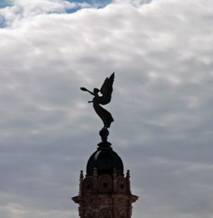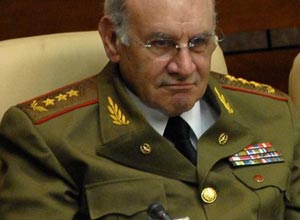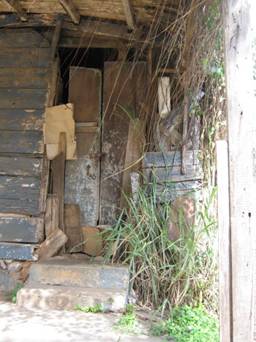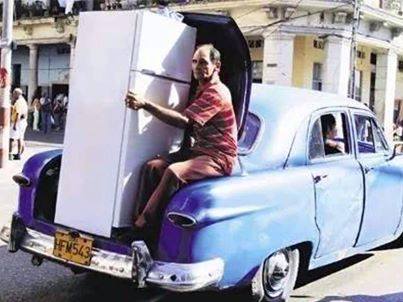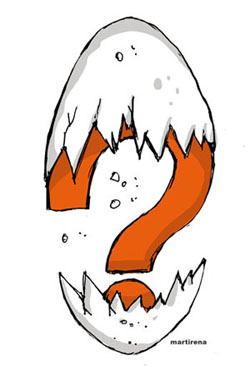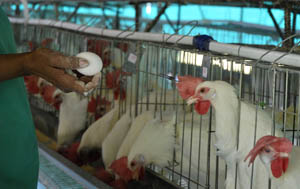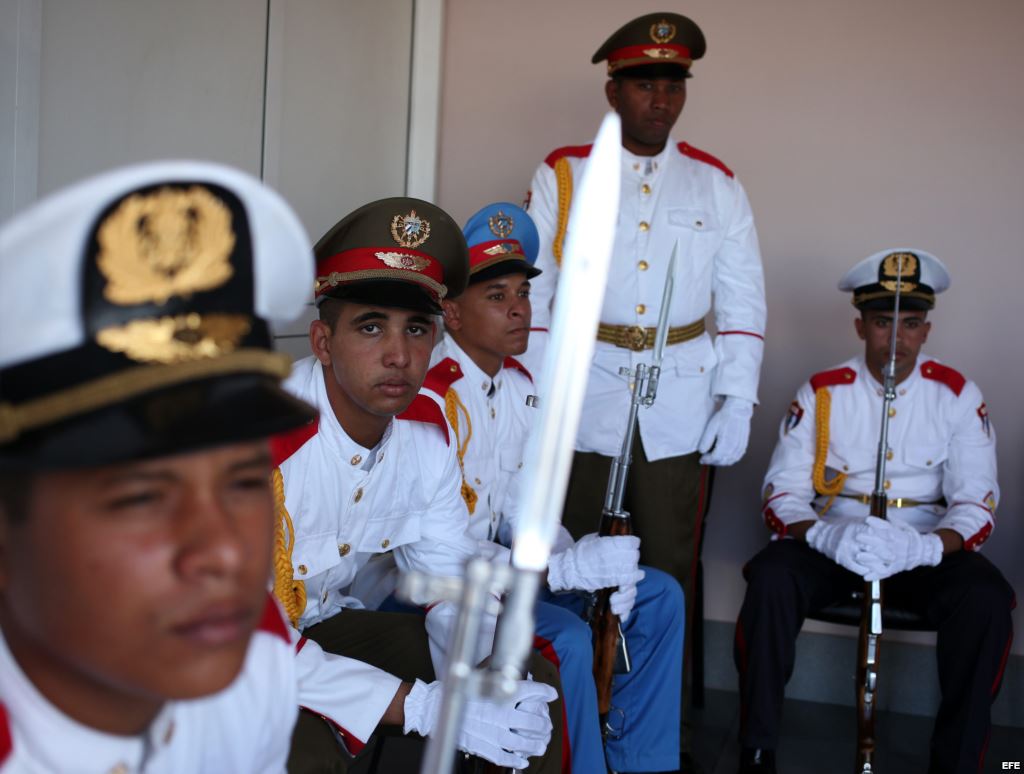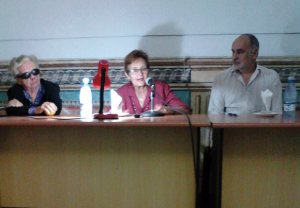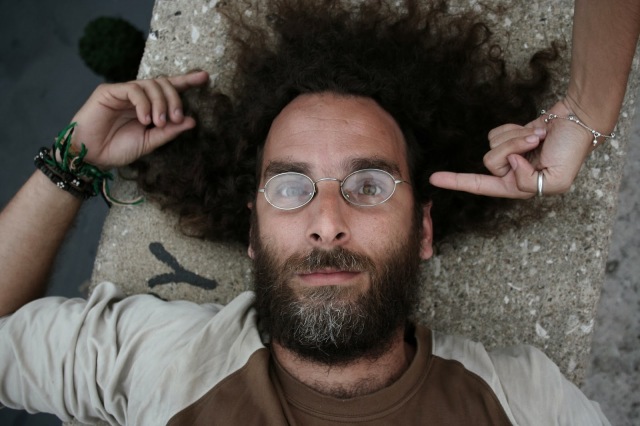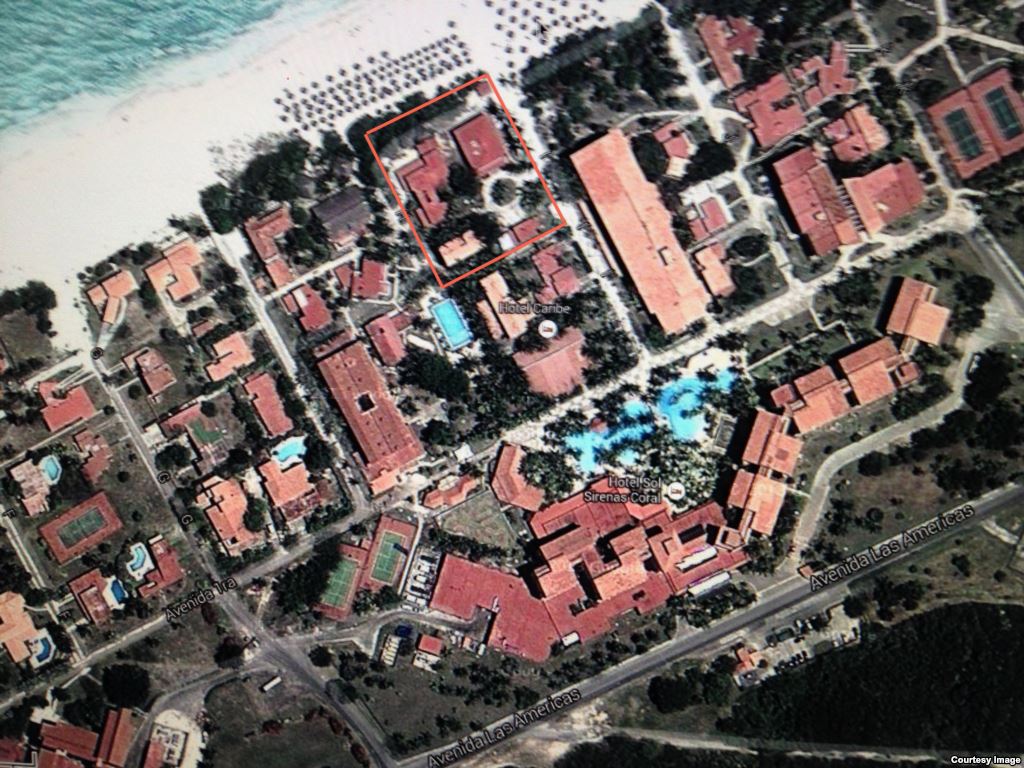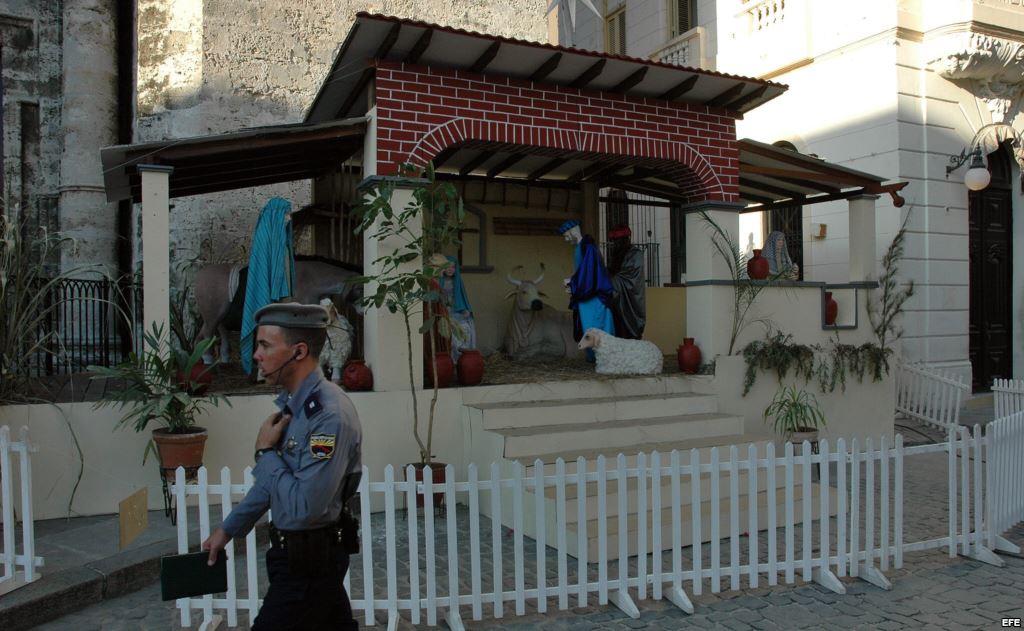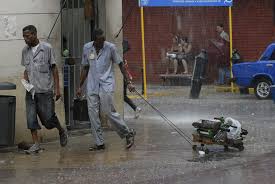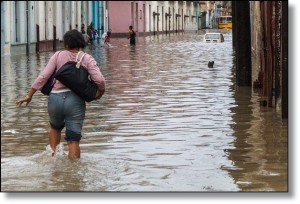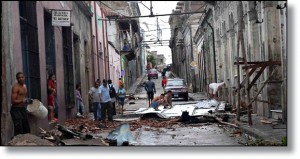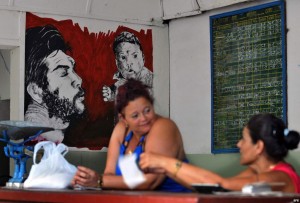
Havana, Cuba – At la Playa de El Chivo (El Chivo beach ), on the northeast coast of Havana, at the foot of the Castillo de los Tres Reyes del Morro (Three Kings Castle), people carry on fishing for sport and business, between the marine waters and sewage, without the health authorities, environmental authorities or the coastguards taking a responsible attitude. The zone receives thousands of cubic metres of polluted water and its sand dunes are deteriorating as a result of the man’s actions.
The grunt, snapper and barber fish, among others, turn the rocky beach into both a centre for boats which arrive every day to seek their economic support; and at best, some people who are enjoying their leisure and are fishing for sport.
This is going on in the mouth of the submerged sewage outlet pipe which runs from the Havana sewage treatment plant, which filters the solid waste coming from the northern and southern collectors of the capital. A concrete pipe of about 375 metres in length crosses Havana Bay, as far as Casablanca, where they pump the dirty water up to La Cabaña, so that it then falls by gravity down to the El Chivo beach, about 150 metres along the coast.
The most astonishing thing is that many fishermen enter into the area of the lower reefs, without any protection, on the edge of where they are fishing in a contaminated area, breathing in the fetid smell from the drain, which keeps the coastal water cloudy with its permanent discharge from the Havana sewers, whose pipes and canals are not lacking in cracks and leaks. continue reading
When it comes to the end result of the activity, various fisherment indicate that they eat the fish themselves, and that they also sell some, but they don’t say where the fish come from.
These citizens, impelled by their desperate need to support themselves and their families, imperil the health of people who are unaware that they are buying a product of uncertain or unknown origin, as many are offered as skinned fillets, or say that they are deep sea fish, which prevents the consumer seeing the physiognomy of the species, so they can at least identify them, in order to avoid the “ciguatera” (tropical fishfood poisoning syndrome ) which is transmitted by the picúa or the aguají, among other species which it is forbidden to fish.
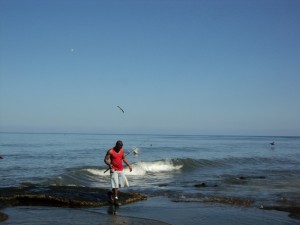
Additionally, on this beach’s rocky and sandy coast, the environment is being damaged by the dumping of plastic handles, fish-hooks, fishing lines, and other discarded items, which are thrown away by people living there or those passing through the area who don’t take any notice of the prohibitions.
Alberto, an ex-fisherman, known as “The Wizard”, admitted that he used to sell fish for a while, but that it was very hard work, always running the risk of a consumer falling ill, because the species caught in this area end up eating the discarded rubbish in the sewage, or a shoal of sardines who have also come over to eat toxic residues.
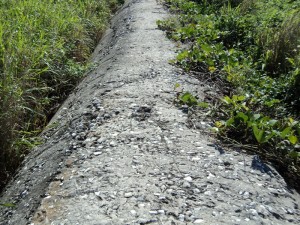
El Chivo Beach, by the Castillo de los Tres Reyes del Morro, classified by UNESCO in 1982 as a World Heritage site, has been converted into a contaminated focal point of bacteria and micro-organisms which can affect the health of those who fish in its waters, pass through there, or consume its fish.
The authorities would be perfectly able to preserve the cleanliness and health of the ecosystem of this sandy coastline, which has been abused and is hardly a good example of sustainable development of a zone of natural, historical and cultural value which should be cared for.
Cubanet, 22 January 2014, Ernesto García Díaz
Translated by GH

